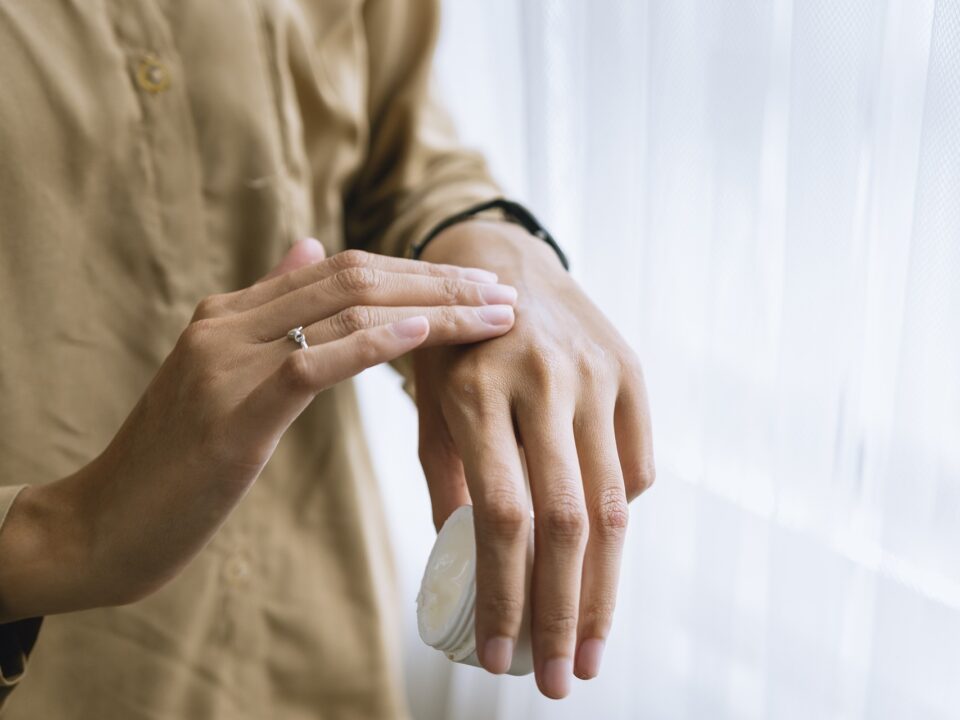Acne is a common skin condition that affects people of all ages, often caused by a combination of excess oil production, clogged pores, bacteria, and inflammation.
Fortunately, there are various treatment options available, depending on the severity and type of acne. For mild acne, over-the-counter products containing ingredients like benzoyl peroxide, salicylic acid, or alpha-hydroxy acids are often effective. These work by unclogging pores, reducing inflammation, and killing bacteria. Consistent cleansing and moisturizing with non-comedogenic products are essential to maintain skin balance and prevent further breakouts. For moderate to severe acne, prescription treatments may be necessary.
Topical retinoids or stronger versions of benzoyl peroxide can be prescribed to exfoliate the skin and promote cell turnover. Antibiotics, both topical and oral, may also be used to reduce bacterial growth and inflammation. In more severe cases, dermatologists may recommend hormonal treatments, such as birth control pills for women, or oral isotretinoin (commonly known as Accutane), which addresses acne at its root by reducing oil production. In addition to medications, lifestyle factors can play a role.
Maintaining a balanced diet, reducing stress, and avoiding harsh skincare products may help manage acne. While no treatment works instantly, patience and consistency with a skincare routine can lead to significant improvements over time. It’s always best to consult a dermatologist to determine the most suitable treatment for individual skin needs.

